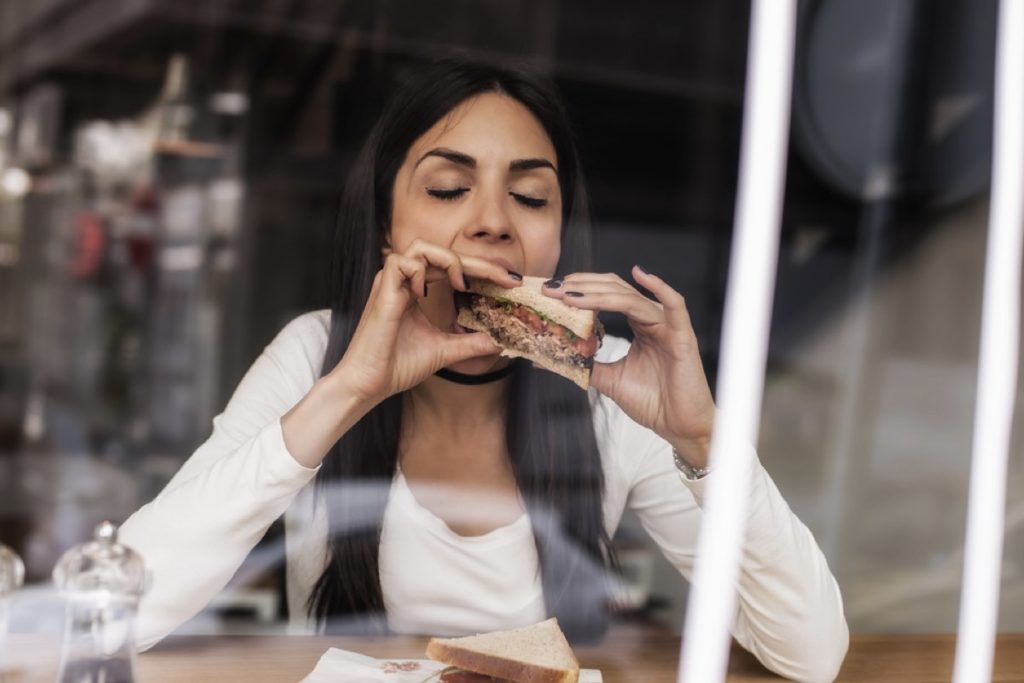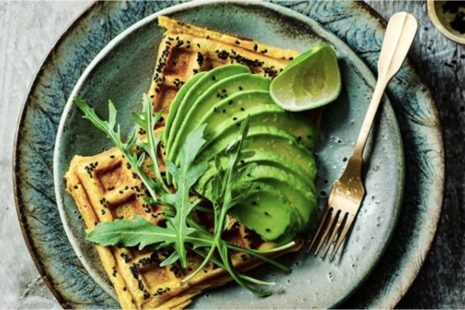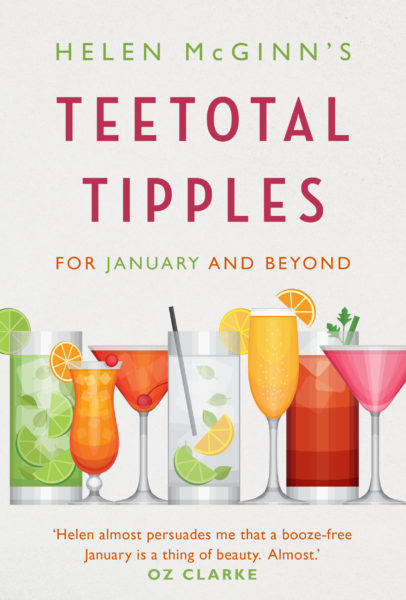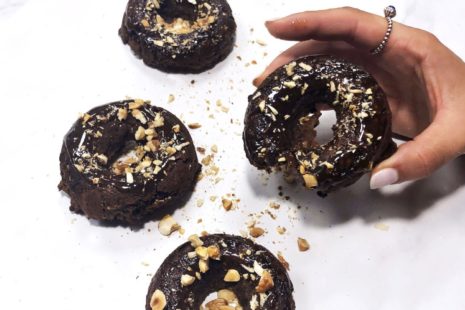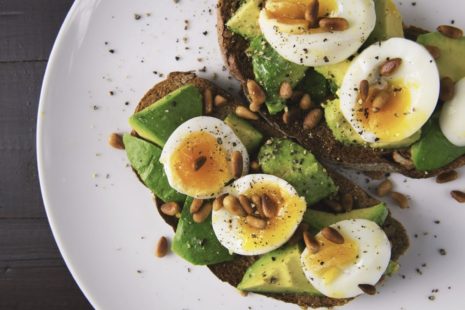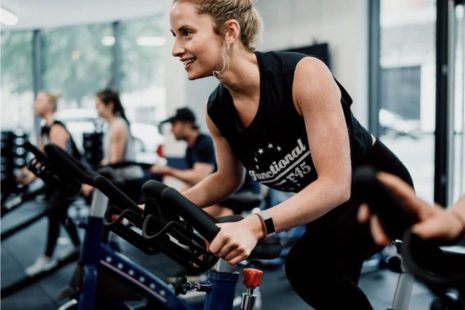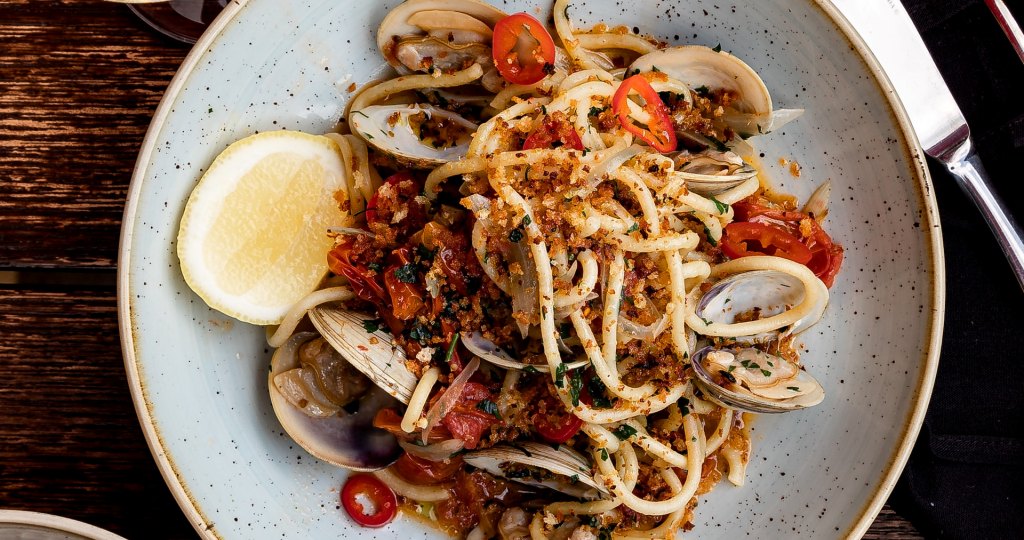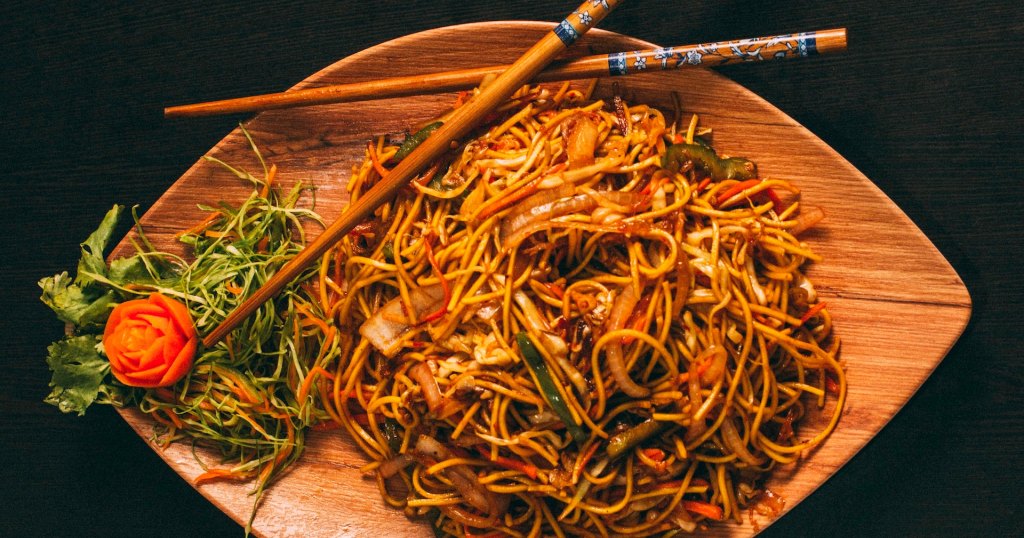Carbohydrates are the main fuel our muscles use during exercise. Eating them a few hours before your training can help you make the most of your workout. Want to know how to optimise your carb intake? Try carb cycling. Here’s what the experts are saying…
The what
“Carb cycling is the diet technique of ‘cycling’ between very low carb days and high carb days,” says Harry Aitken, Master Trainer and Qualified Sport Scientist for Auster Fitness.
Fiona Lawson, nutritionist for Gosh! Food elaborates, “it can be varied on a daily or weekly basis. You can flex your intake between training and rest days (eating more carbs on training days, and fewer on rest days) or simply choosing a few days a week to eat a low-carb diet. The amount of protein you eat is consistent, but you’ll eat more fat on low-carb days, and less fat on high-carb days.”
The why
“This method is often championed by bodybuilders, who are looking to lose fat, but retain as much muscle as possible. It is an extremely effective method of ensuring maximum muscle retention when in a calorie deficit,” Harry says.
Robin Swinkels is the nutritionist at Fresh Fitness Food. “To lose fat you need to create a calorie deficit, which means eating less than you burn. Under-eating for a prolonged period of time can make you feel fatigued and low on energy.
Carbohydrates are the main fuel our muscles use during exercise. Eating them a few hours before your training can help you make the most of your workout. The harder you are able to push yourself, the better your results in terms of body recomposition. During days that you don’t train, carbohydrate intake is reduced (reducing overall calorie intake), to enable further fat loss,” she says.
Robin goes on, “we can only store limited amounts of carbohydrates in our muscles. Once these stores run low, you will slow down. Some endurance athletes cycle their carbohydrate intake in an attempt to optimise these stores. They maintain a low carbohydrate intake and increase this around training sessions. The idea is that the muscle super-compensates after depletion, once you then increase the intake again. The more carbohydrate you are able store, the better your performance. Similarly, for athletes with a high training volume (for example if they train twice per day) it can be beneficial to have a carbohydrate rich meal after training, to ensure carbohydrate stores in their muscles are optimised again, in time for the next session.”
The how
“Typically an initial period of around 21 days is undertaken with very low / no carbs. No more than about 30g should be consumed per day. The diet mainly consist of protein, vegetables, fats and leafy greens. This forces the body in ketosis, where the metabolism begins to switch energy sources from carbohydrates to fats (or ketones),” Harry says.
He goes on, “this is then followed by a 1-2 day ‘re-feed’ day with extremely high carbs. The effect this has on the muscles is a phenomenon called: glycogen supersaturation. As the muscles are usually filled with glycogen (from carbohydrates), they shrink down during the period of low carb days. Then consuming the huge amount of carbohydrates on the re-feed days forces carbs into the muscles.”
Harry continues, “glycogen uptake is up to 150% normal levels, which means the muscles literally balloon in size overnight. The muscles have been craving these carbs and fill up as much as they can. After the re-feed time, a period of about 5-6 days no carbs is continued, with a re-feed day on the 6th or 7th day. The cycle continues of low carb days following by a high carb re-feed day to literally re-fill the muscles. It may surprise people that on very low carbs it only takes 2-3 days to go into ketosis when eating extremely low carbs.”
The downside
“Low-carb is often difficult for some people, especially for vegetarians or vegans who may find it difficult to eat enough protein and keep their carbs low,” Harry says.
“For some this works, but for others the best way to kill a craving is to starve it. Furthermore, if you are new to dieting it may complicate things too much and actually reduce adherence,” Robin says.
“It’s important to note that there’s no robust evidence to suggest that carb cycling is superior to any other weight-loss method,” Fiona says. She goes on, “some people enjoy the flexibility of having higher-carb days, but it’s important to keep track of carb intake over the long-term. Depending on your lifestyle, the constant need for weighing and measuring can become tedious—and it can distract you from eating intuitively.”
Get your weekly DOSE fix here: SIGN UP FOR OUR NEWSLETTER
